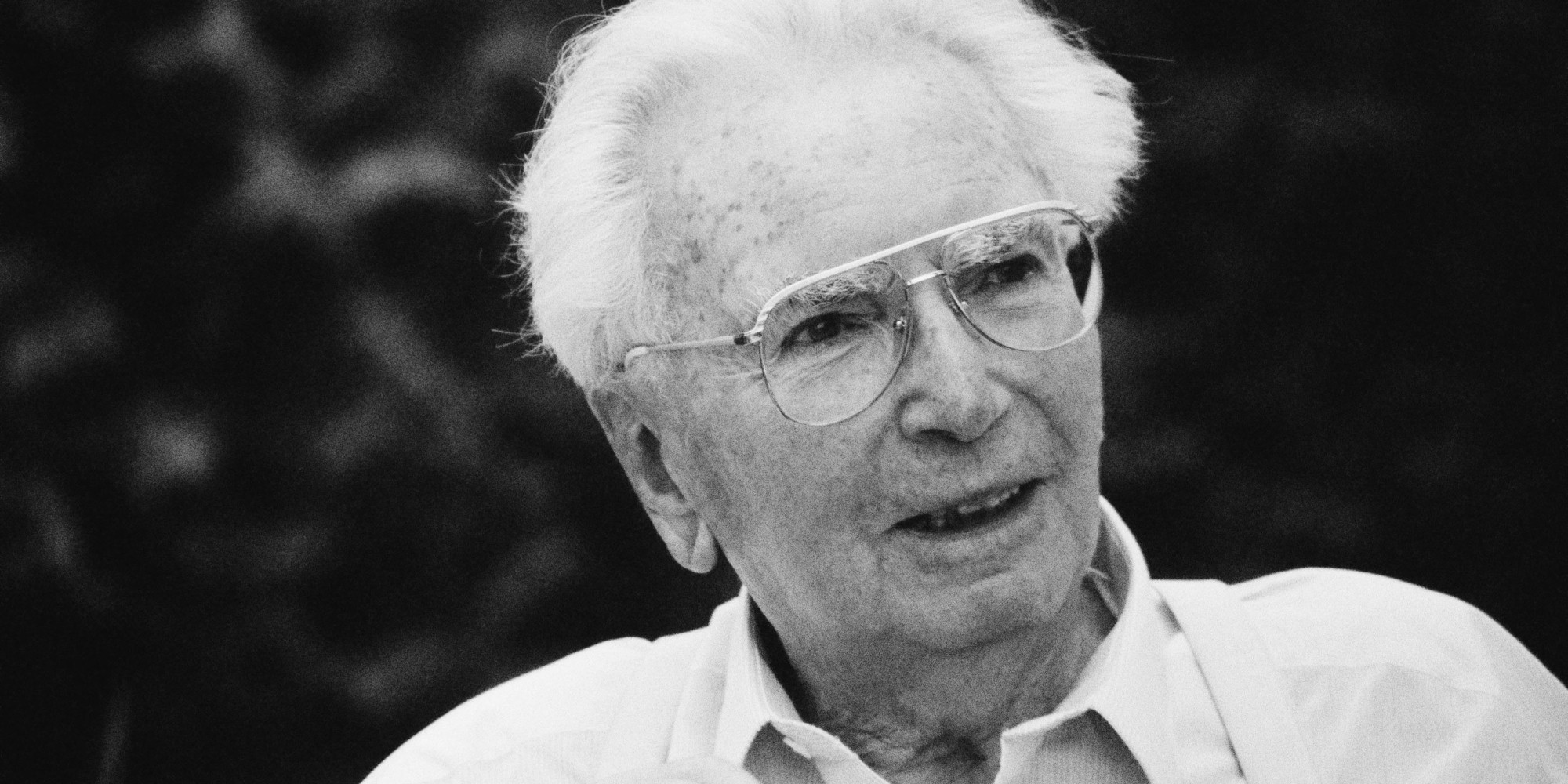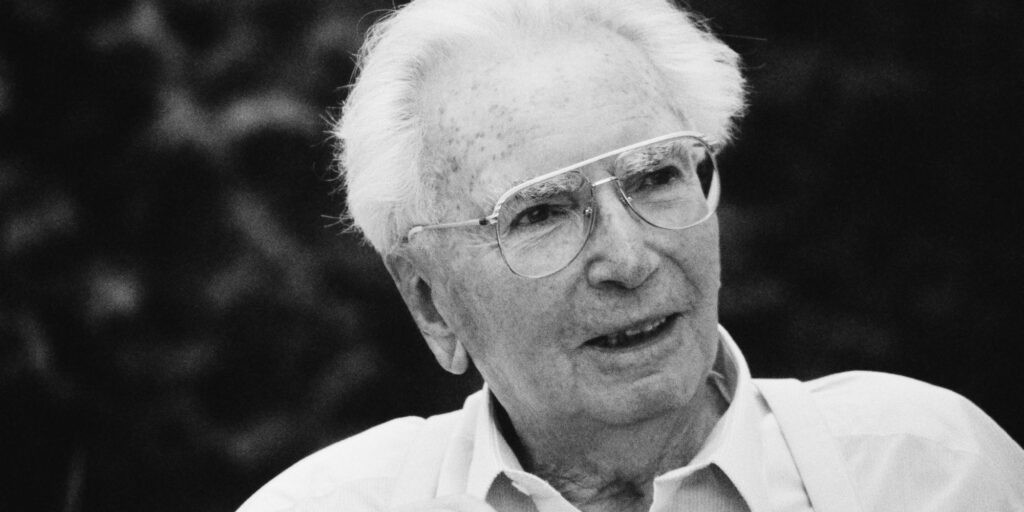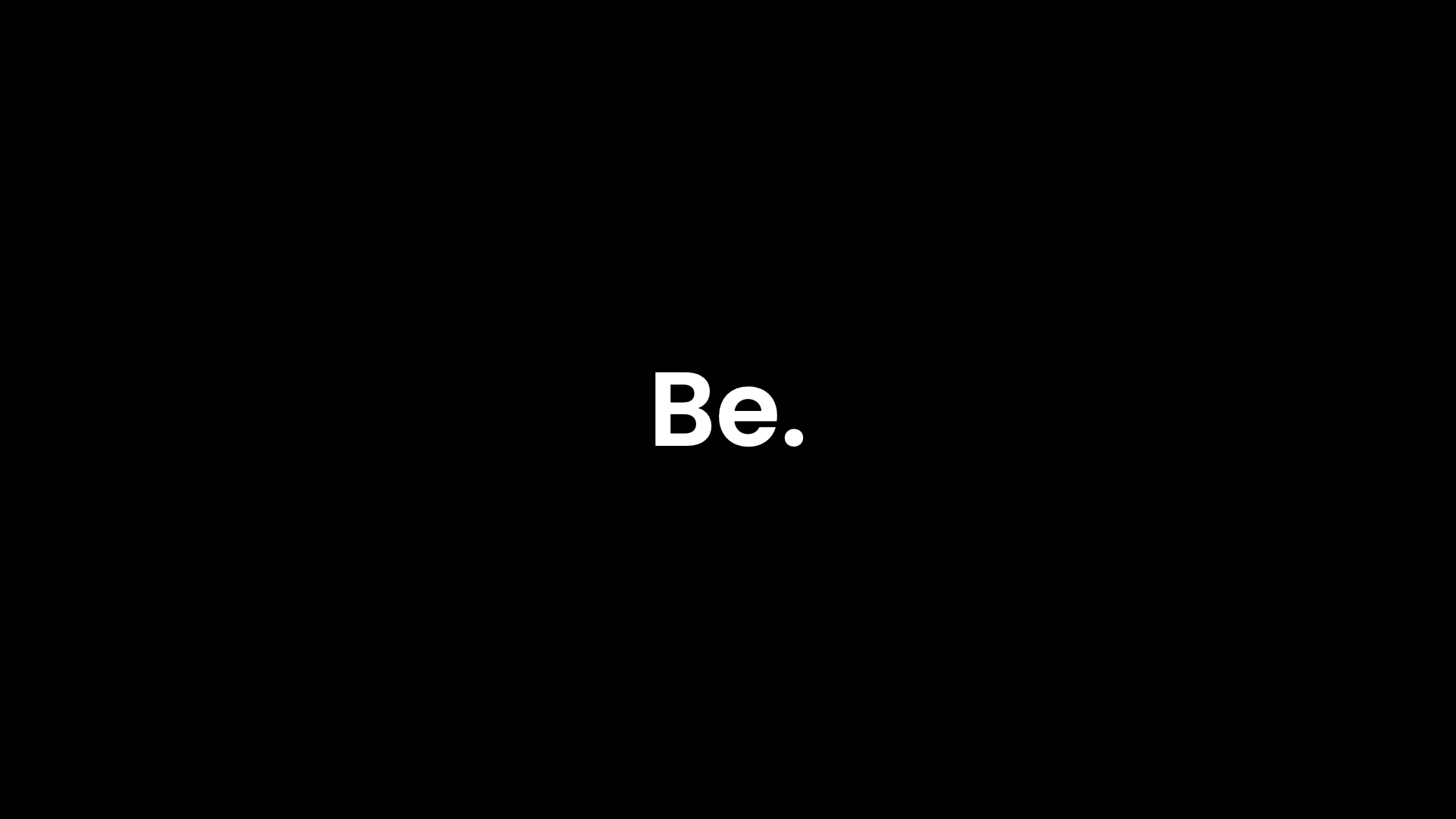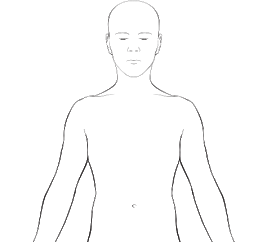Tag: Emotional Intelligence
Wisdom for Teams #7


—
“It isn’t just how intelligent your team members are;
It is how much of that intelligence you can draw out and put to use.”
—
LIZ WISEMAN (1964), Researcher and executive advisor, author of New York Times bestseller Multipliers: How the Best Leaders Make Everyone Smarter.
Wisdom for Teams #5

“When we are no longer able to change a situation,
we are challenged to change ourselves.”
VICTOK FRANKL (1907-1997), Austrian neurologist and psychiatrist, a Holocaust survivor, and author of “Man’s Search For Meaning“
—

Wisdom for Teams #4

“The problem is not the problem.
The way we see the problem is the problem.”
STEPHEN COVEY (1932-2012), author of The Seven Habits of Highly Effective People
—

Wisdom for Teams #2

“The good listener doesn’t moralise. They know their own minds well enough not to be surprised or frightened by strangeness. They know how insane we all are. That’s why others can feel comfortable being heard by them.”
From the article “Charm” on the website The School of Life
—

The Golden Rule is Making the World Worse


—
The Golden Rule — treat others as you would like others to treat you — is well intentioned in that it asks us to extend fairness and respect to others. But the outcomes are not necessarily good.
—
The problem is that it is based on a fundamentally flawed assumption.
—
The assumption that you want what I want, that fairness and respect mean for you what they mean for me. And this is rarely true. This is particularly relevant given the evils caused by the racism and the violence we’re seeing these days.
It is so easy to fall into the trap of assuming my way is the right way, and then to treat others as I think I should, without taking into account what they want. This is dangerous because it can make them feel disrespected and I might end up resenting the fact that they are being unappreciative of my efforts.
And we don’t have to go halfway across the world to make a difference. This applies to how we treat people at work, at home, on the streets, and in social media. Lest we come across as jerks, we want to be careful NOT to treat others like we would like them to treat us, unless we’re sure that is what they really want.
—
Never assume you know what others want. The alternative is to practice empathy.
—
The golden art of putting ourselves in their shoes to figure out how they would like to be treated. And we will probably be surprised by how much that can differ from what we expected to be appropriate.
If we are going to build a more fair, generous and compassionate world, we’re going to need a better rule. Here’s an iteration:
—
THE GOLDEN RULE 2.0
Treat others as THEY would like to be treated.
—
#BlackLivesMatter
Be. A message for leaders in confinement.

13 public speakers, members of keynoteboutique.com, join rhetorical forces to bring you a comforting message in these challenging times.
—–
—
Music by Alexander Nakarada | https://www.serpentsoundstudios.com
Coping with Coronavirus: The Last Time

Have you heard of a technique that helps with tedious tasks and stressful situations?
One that can be practised at any time, in any place, and by anyone, including children?
—
Coping with Coronavirus: A Tale from Greek Mythology

In this tough time, it is natural to experience unpleasant moments.
This tale helps us appreciate that these moments can also play a meaningful role. If only…
Protect your Wellbeing from the Coronavirus

—
Disclaimer: I am NOT a medical doctor and this is NOT medical advice.
This post is about specific activities we can do to help us cope with the fear, uncertainty and undesired consequences of this crisis, especially for those of us confined to our homes.
I am sharing a one-pager with activities we can practice in different areas of our lives. Regular practice will prove to keep us in the best possible condition to cope with this crisis.
—
I designed this for you to download
and use as a checklist or cheatsheet
to keep us in check during this time.
—
You will notice I use the term “emotional fitness”. Just like physical fitness is the condition that allows us to perform physical activities, such as sports, emotional fitness is the condition that allows us to use our emotional intelligence so as to live fully.
I feel most of this is easier understood than done, but I’d love to know your thoughts and questions.
Stay safe.
How to Leave A First Good Impression

Darrell is a polite, handsome man, who had little luck meeting people and making friends. He didn’t get why and it was frustrating. I first met Darrell during his final months in prison — a few of robberies and a bad temper had got him into trouble.
But Darrell is one of the few who manage to overcome the nasty effects of jail time. He decided to change. And he did. What didn’t change was the way people reacted to him. It seemed as though everyone knew his past. Then he figured out why.
And it had nothing to do with his past.
.
People won’t figure out your past by looking at you.
But they’ll read your present in just a glance.
People won’t figure out your past by looking at you.But they’ll read your present in just a glance.It was actually quite obvious and he felt stupid for not figuring it out earlier. Back in the day, Darrell had the side of his neck tattooed with the universal “F*** YOU”. It was small but nonetheless LOUD!
He had it for so long, he no longer noticed it — Gosh, I no longer noticed it and I hadn’t known him for that long. But for people who didn’t know him it was a big thing. Obviously! It automatically kept everyone away, giving him no chance to interact.
So Darrell covered it with a new tattoo. And the next time we met… he was smiling.
Don’t be surprised at the way people react to you
when your face is telling them just how you feel.
We might not have tattoos on our neck, but our facial expression and body language are tattoos we carry around always. They provide universal information before we speak. The way you look, move and talk are the first signals other people pick up.
In the art of human relations, this is nothing new. However, we’re not always aware of how we read these signs automatically (and sometimes unconsciously) and how others do too.
There’s never a second chance to leave a first good impression.
Do you sometimes feel a bit concerned about leaving the right impression or little uneasy when meeting people for the first time? I do. But think about it: other people do too. Chances are they’re busy thinking about themselves, not about you!
So before I step in, I make a conscious decision to step away from this trap, and think: These are people, not monsters. And they’re in the same situation as me.
If you’d like people to walk away thinking: “Well, that was pleasant. Seems like a nice person. What conviction!” here’s a tip:
Your best business card is YOU. Make sure you look the way you want others to see you. Stand tall. Radiate determination and serenity with every step. Smile. Make eye contact. Smile. Speak with a clear, confident voice. Smile.
Love to hear what you do to leave a lasting first good impression?

